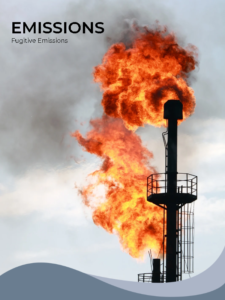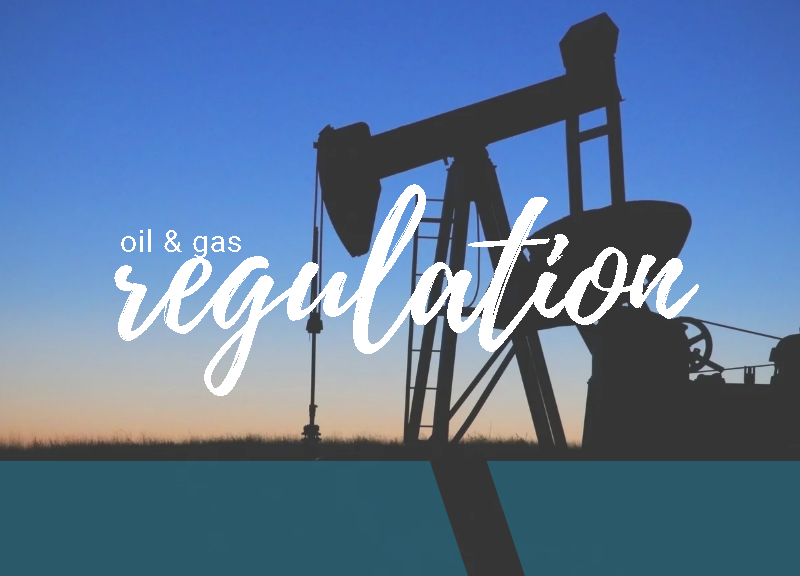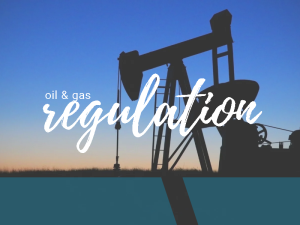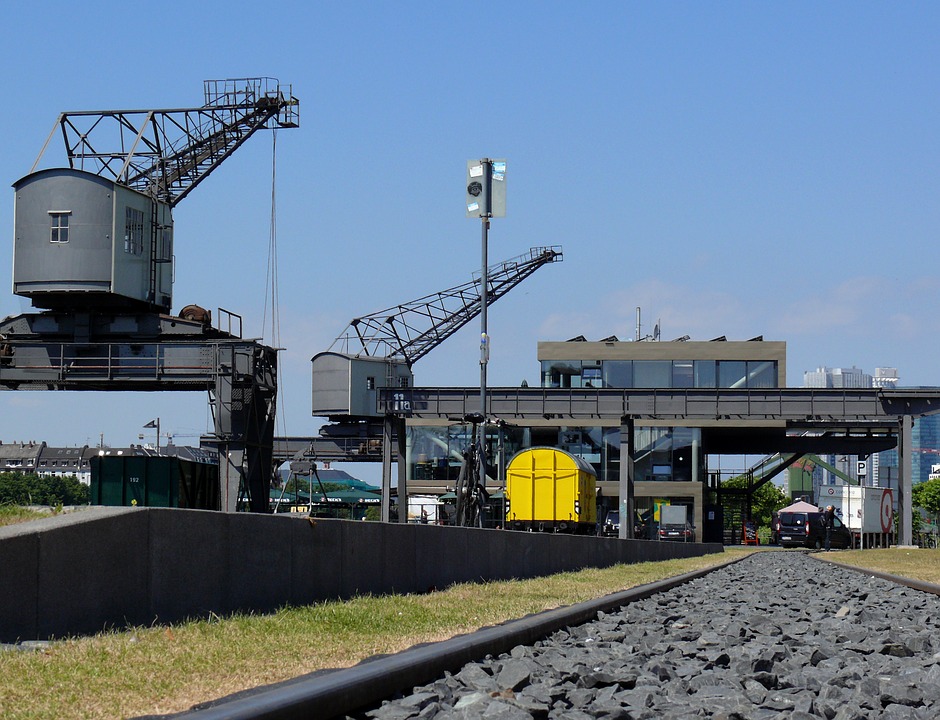Navigating the Maze of Emissions Reporting: A Comprehensive Guide
In today’s fast-paced world, staying ahead of regulatory requirements is not just an option; it’s a necessity. One area that often poses challenges for oil and gas operators is emissions reporting. But fret not, this guide aims to simplify the complex landscape of emissions reporting, making it easier for you to stay compliant and even turn these regulations into opportunities.
The cornerstone of emissions reporting is data—accurate, timely, and comprehensive. The process involves meticulous data gathering, quantification, and submission of regulatory reports. But it’s not just about compliance; it’s also about value optimization. By leveraging advanced Fugitive Emissions Management Software, companies can streamline their reporting processes, thereby reducing operational costs.
So, how does one go about it? First, it’s crucial to understand the specific regulations that apply to your operations. In Canada, these can range from provincial regulations like Alberta’s Technology, Innovation and Emission Reduction Regulation (TIER) to federal ones like the Multi-Sector Air Pollutants Regulations (MSAPR).
The Role of Technology in Streamlining Emissions Reporting
 In the previous section, we delved into the complexities of emissions reporting and how companies can navigate this intricate process. Now, let’s focus on the role of technology in streamlining these tasks, making them not just manageable but also more efficient.
In the previous section, we delved into the complexities of emissions reporting and how companies can navigate this intricate process. Now, let’s focus on the role of technology in streamlining these tasks, making them not just manageable but also more efficient.
One of the most significant advancements in this area is the use of SCADA Systems. These systems provide real-time monitoring and control over various processes, including emissions data collection. By integrating SCADA systems into your operations, you can automate data collection, thereby reducing the chances of human error and ensuring more accurate reporting.
For those in the field, having access to reliable equipment is crucial. Companies often rely on third-party services like Mobile Steam Services to ensure that their operations run smoothly, which in turn aids in more accurate data collection and reporting.
Future Trends and Best Practices in Emissions Reporting
As we’ve explored in the previous sections, technology plays a pivotal role in simplifying the emissions reporting process. But what does the future hold? Let’s delve into some emerging trends and best practices that are set to redefine this landscape.

One of the most promising trends is the integration of Artificial Intelligence (AI) in emissions monitoring. AI algorithms can analyze vast amounts of data in real-time, providing actionable insights that can significantly improve fugitive methane emissions management. This not only ensures compliance but also helps in optimizing operational efficiency. A study published in the Journal of Cleaner Production highlights the potential of AI in environmental monitoring.
Another trend to watch is the increasing emphasis on sustainability and corporate social responsibility (CSR). Companies are now looking beyond compliance and exploring ways to contribute positively to the environment. Initiatives like Carbon Credit offset programs are gaining traction, offering companies a way to offset their emissions while also earning carbon credits.
Best practices in this area often involve a multi-disciplinary approach, combining technology, regulatory expertise, and community engagement. For instance, involving local communities in monitoring efforts can add an extra layer of accountability. A recent report by Natural Resources Canada emphasized the importance of community involvement in emissions reduction efforts.


 Start-Up: Setting Operations into Motion
Start-Up: Setting Operations into Motion
 Services for Movable Steam Boilers
Services for Movable Steam Boilers

 The Organization of Petroleum Exporting Countries (OPEC) is crucial in regulating oil prices. This organization is made up of 14 member countries that have substantial amounts of oil reserves and produce more than half of the world’s oil. Members of OPEC coordinate their production and export levels in order to keep the price of oil stable. When supply exceeds demand, members agree to limit production in order to reduce global supply and raise prices. When demand exceeds supply, members can raise production in order to expand global supply and lower costs.
The Organization of Petroleum Exporting Countries (OPEC) is crucial in regulating oil prices. This organization is made up of 14 member countries that have substantial amounts of oil reserves and produce more than half of the world’s oil. Members of OPEC coordinate their production and export levels in order to keep the price of oil stable. When supply exceeds demand, members agree to limit production in order to reduce global supply and raise prices. When demand exceeds supply, members can raise production in order to expand global supply and lower costs. It is fairly unknown outside the field but energy rates and efficiency can be improved and the reality is that is the primary challenge for any energy services company. With deregulation in the United States energy market in the 90s, the energy providers business experienced a rapid boost. Utilities, which for a long time experienced the cover of monopolies with certain gains on power plant assets, now had to reluctantly compete to supply power to a lot of their largest clientele. Now they’re commonplace among many organizations this includes municipalities, school districts, industrial jobs and commercial verticals.
It is fairly unknown outside the field but energy rates and efficiency can be improved and the reality is that is the primary challenge for any energy services company. With deregulation in the United States energy market in the 90s, the energy providers business experienced a rapid boost. Utilities, which for a long time experienced the cover of monopolies with certain gains on power plant assets, now had to reluctantly compete to supply power to a lot of their largest clientele. Now they’re commonplace among many organizations this includes municipalities, school districts, industrial jobs and commercial verticals. Turnaround service is an additional component to the range of providers by energy service providers that includes project administration throughout operational turnarounds of factories at the time of maintenance. This sort of service can include a number of other services within it which includes regulative, measurement, meter testing and others. Based on the degree of the job, these contracts ordinarily last from 2-4 weeks.
Turnaround service is an additional component to the range of providers by energy service providers that includes project administration throughout operational turnarounds of factories at the time of maintenance. This sort of service can include a number of other services within it which includes regulative, measurement, meter testing and others. Based on the degree of the job, these contracts ordinarily last from 2-4 weeks.


